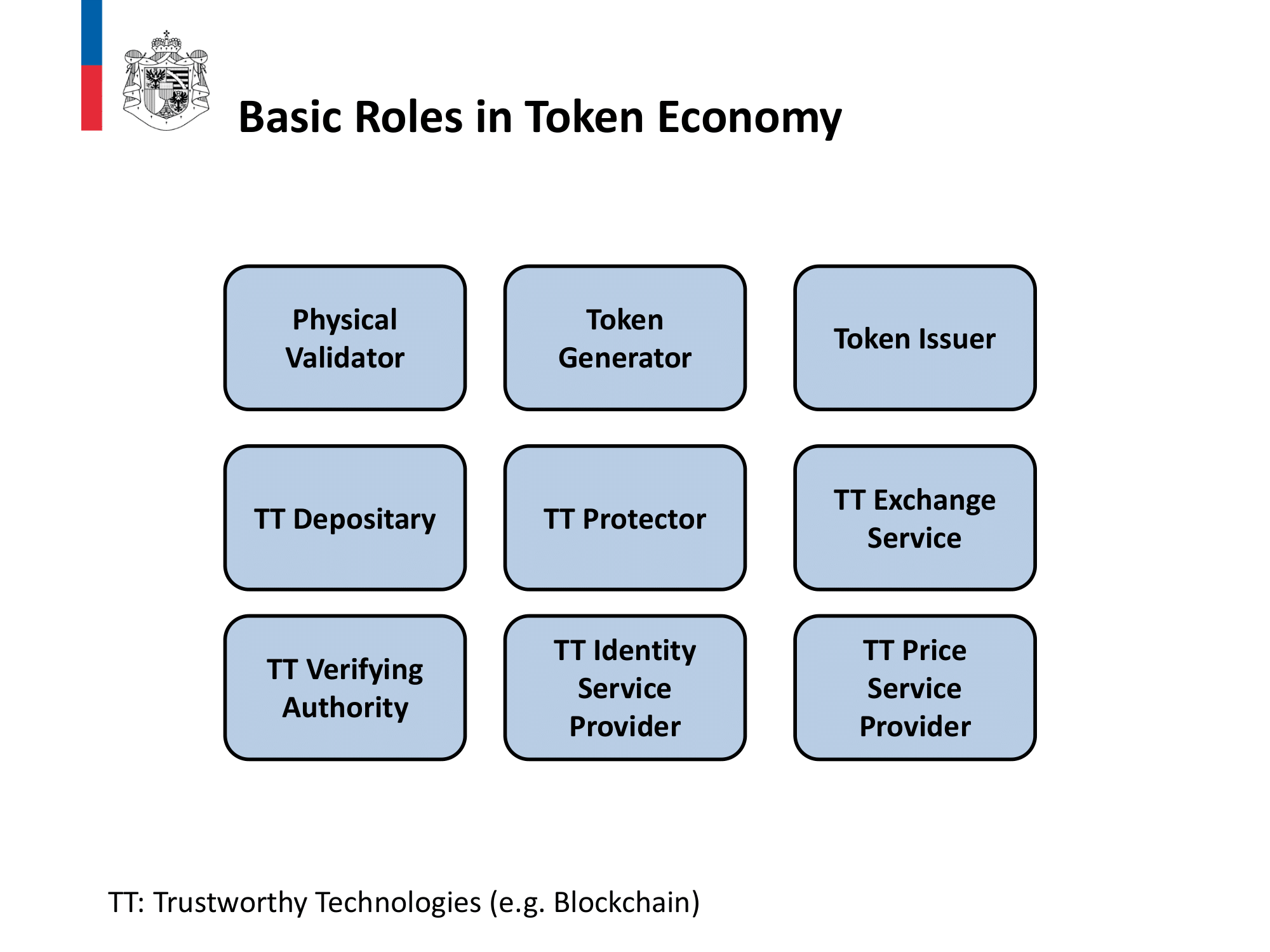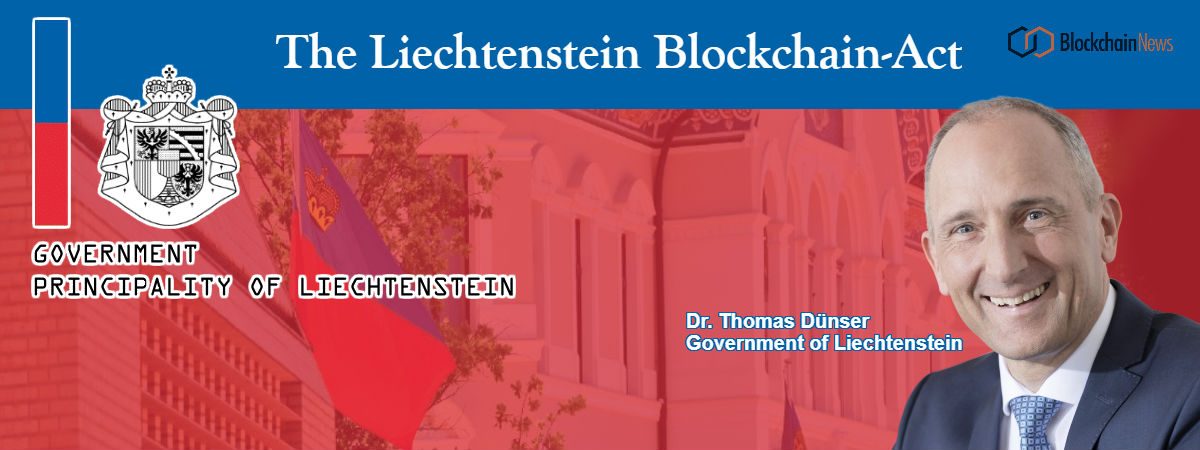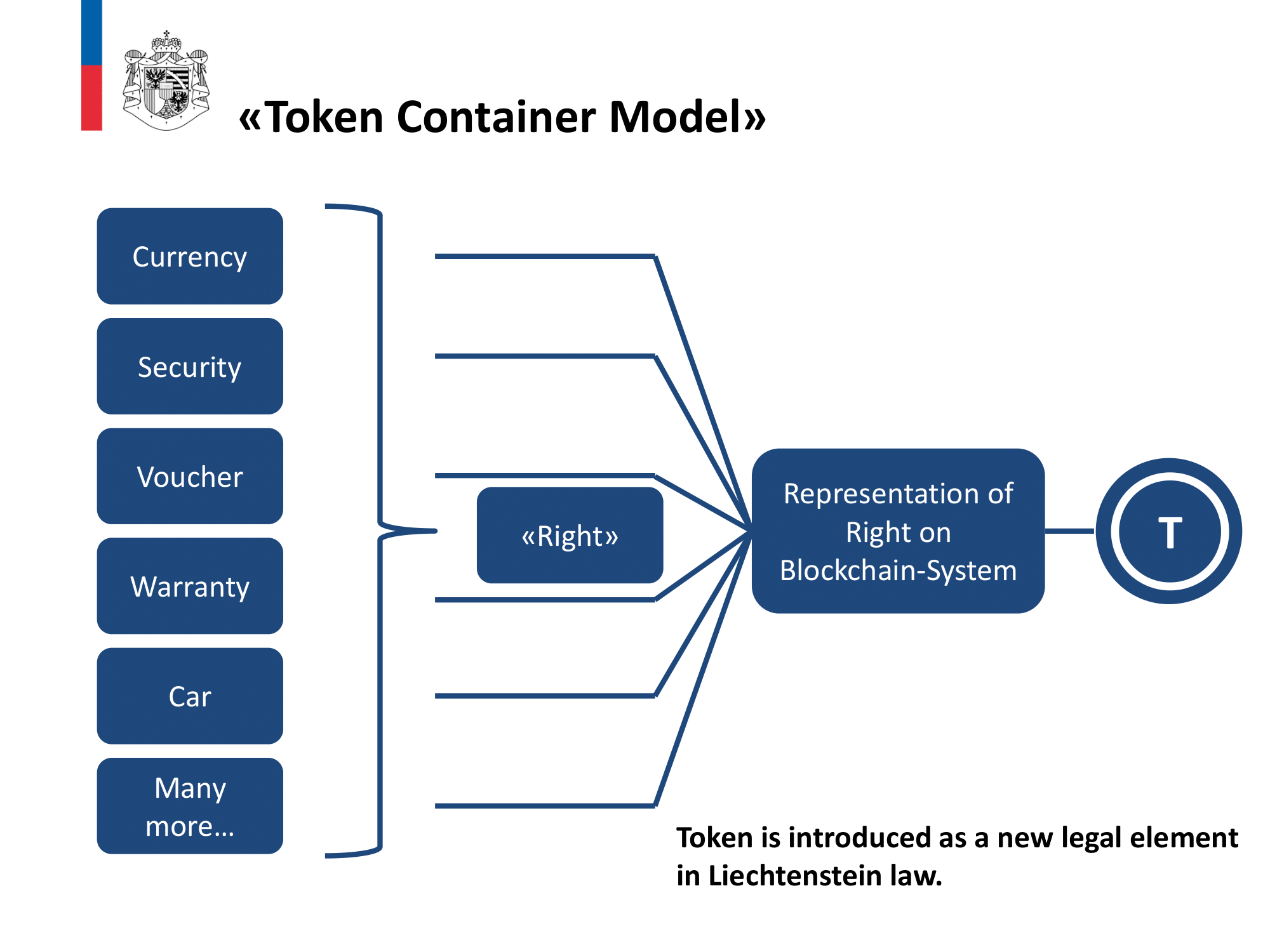Liechtenstein has passed The Liechtenstein Blockchain-Act, new legislation that got a green light on October 3, 2019 – that will allow the fintech industry to continue growing in this small country.
They took three years to prepare the Act and the first reading passed the parliament vote in June. The second reading was passed yesterday and now the next step is final approval by the Prince of Liechtenstein, and the law will enter into force.
This is not the small nation’s first step towards the emerging token economy. In May 2018, the TVTG (Token and VT Service Provider Act) already increased legal certainty for blockchain companies while offering customer protection.
In June 2018, the Liechtenstein Financial Market Authority (FMA) founded the Regulatory Laboratory/Financial Innovation Group, which serves as an interface between the market and regulators and facilitates communication – who are responsible for digitalization in the financial industry and financial innovation.
Sascha Ragtschaa, CEO of blockchain company WeOwn who operate out of Liechtenstein said:
“The Blockchain Act’s second reading being passed by parliament in Liechtenstein is another huge step towards dematerialising physical assets and supporting real-world use cases for blockchain technology.
“This piece of legislation empowers companies to disrupt old processes, innovate in areas that have been stale for decades, and create better ways of doing things for everyday people. You have to give credit to Liechtenstein; this small country is taking a giant leap towards disrupting the financial services market.”
According to a German media report, there was not a single dissenting vote within the Liechtenstein government.
The Liechtenstein government is has created a “Token Container Model” (TCM) which follows a holistic approach, where token transfers are already aligned with civil law. Tokens are seen as containers that can have various rights, be it real assets such as real estate and shares (security tokens), a license, or simply digital code.
Advantages of the token Container Model
All existing and many future applications of Token Economy are covered
- Bitcoin => Empty Container
- Security Token => Container is filled with security
- Utility Coin => Container is filled with Software Usage Right
Legal consequences depend on the application
- Security Token => Security Laws and financial Market Laws are applicable
- IP RightToken => IP Law is applicable
The relation between token and Right can be clarified
- The legal status of token Owner and Possessor
- The Legal consequences of token transfer

Strong protection of personal and property rights has led to Liechtenstein becoming a haven for wealth planning and wealth protection, as well as a financial centre in general.
Despite its small size (160 km2 and 37,877 people), Liechtenstein has a large financial community with a plethora of banks, finance companies, wealth management companies, investment firms, trust services, law offices, auditors and insurance companies. Liechtenstein businesses are so successful, they have a negative employment rate, meaning total employment is higher than its total of residents. In 2017, 38,600 people were employed in Liechtenstein, meaning that the number of employees surpassed the number of residents (38,114) for the first time. It’s not surprising there’s a GDP of €175,000+ per employed person, making Liechtenstein one of the wealthiest countries in the world.
Personal income of up to €90,000+ is taxed by 5%. The highest tax bracket is 8%, for an annual income above €180,000+. The corporate tax rate is 12.5%. It’s no wonder why companies flock to Lichtenstein.
Liechtenstein is closely tied to Switzerland and is part of the European Economic Area (EEA) wich are further reasons for the expansion of the Fintech business, leading to some of the most progressive legislation concerning blockchain and cryptocurrencies in the world.
- Liechtenstein Parliament Passes Blockchain Act – October 4, 2019
- Pioneer of Blockchain Certification For The Visual Arts Verisart, Raises $2.5 million in Series Seed Funding – October 4, 2019
- Uruguayan Digital Party to Embrace Æternity Blockchain Technology For Member Voting – October 3, 2019
- Decentralized Trading Technology Startup Vega Raises $5 Million Seed – Pantera Capital Leads Oversubscribed Round – October 3, 2019
- Malta-Based OKEx Kicks Off Global Compliance Standards Initiative for Cryptocurrency Exchanges – October 3, 2019
- Dama Financial and Helix TCS Establish First Blockchain-Fueled, Complaint Cannabis Marketplace – October 3, 2019
- New Digital Rights Law Enacted in Russia – Establishes Basic Definition Of Tokens And Governs Smart Contracts – October 2, 2019
- Six major Japanese Brokerage Firms Establish Japan Security Token Offering Association – October 2, 2019
- Vancouver’s BIGG Digital Assets Cuts Deal with US Federal Government Agency – October 2, 2019
- æternity Teams Up with Uruguay Can to Track Cannabis Production on the Blockchain – October 2, 2019
- Streamr Launches Global Pub/Sub Network For Machine Data – October 2, 2019
- SEC Orders Blockone to Pay $24 Million Fine for Unregistered ICO – October 2, 2019
- Aqilliz Rolls Out Blockchain Enterprise Product Lines for the Digital Marketing Industry – September 27, 2019
- Venezuela Central Bank Testing Shift to Cryptocurrencies to Pay State Oil Company Bills – September 27, 2019
- The University College London (UCL) Centre for Blockchain Technologies Announce Blockchain AI Hackathon – September 27, 2019
- The European Commission, INATBA, the EU Blockchain Observatory and Forum and Alastria join forces to organise Convergence – the Global Blockchain Congress – September 27, 2019
- Facebook 2020 Launch of Libra Cryptocurrency in Doubt – September 27, 2019
- PARSIQ Announces Availability on Algorand to Improve Blockchain Transparency – September 26, 2019
- Blockchain Mining Project Pi Network Nears 500,000 Mobile App Miners – Halving Point on Horizon – September 26, 2019
- Tatatu Launches “Giving Back Generation” Social Awareness Vodcast Starring Selena Gomez – September 26, 2019







